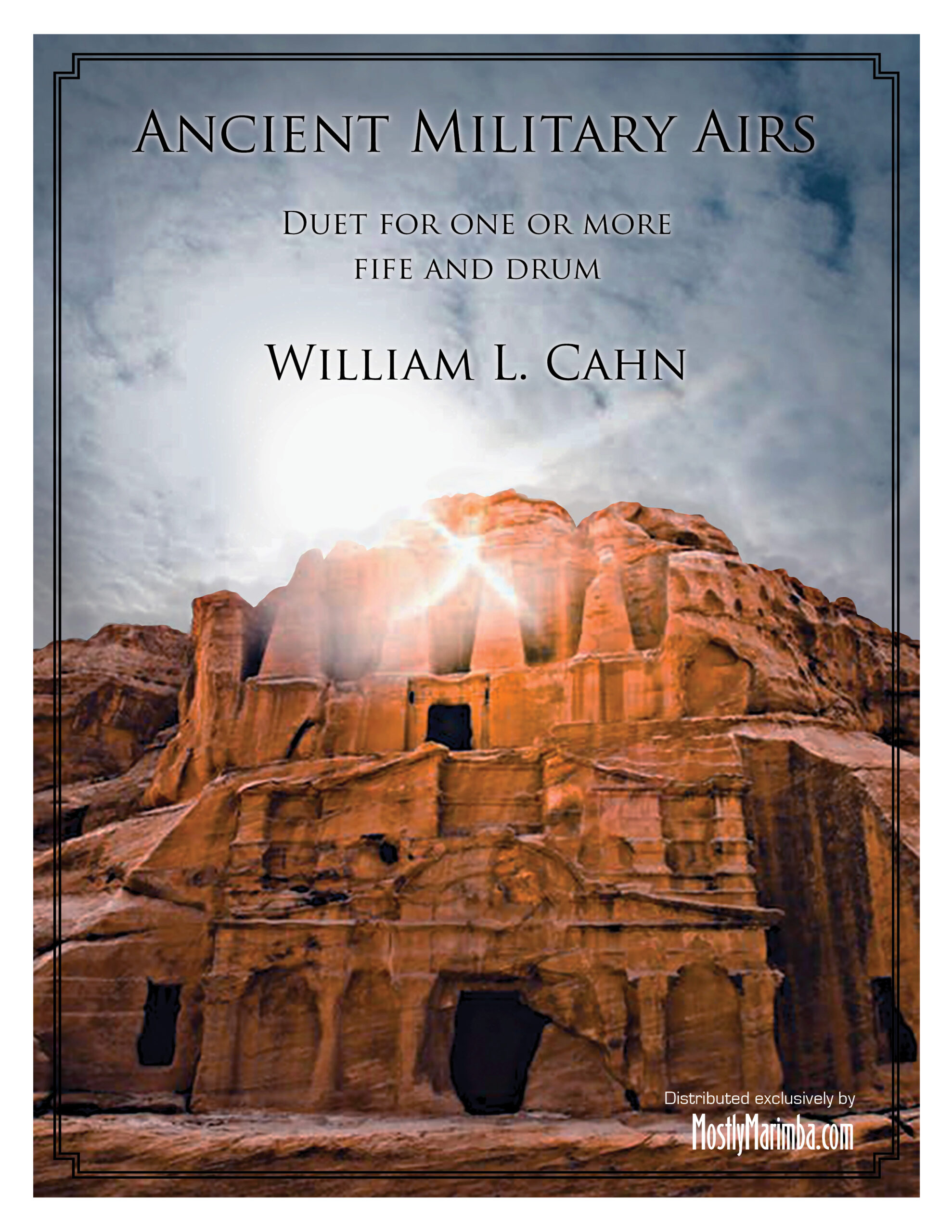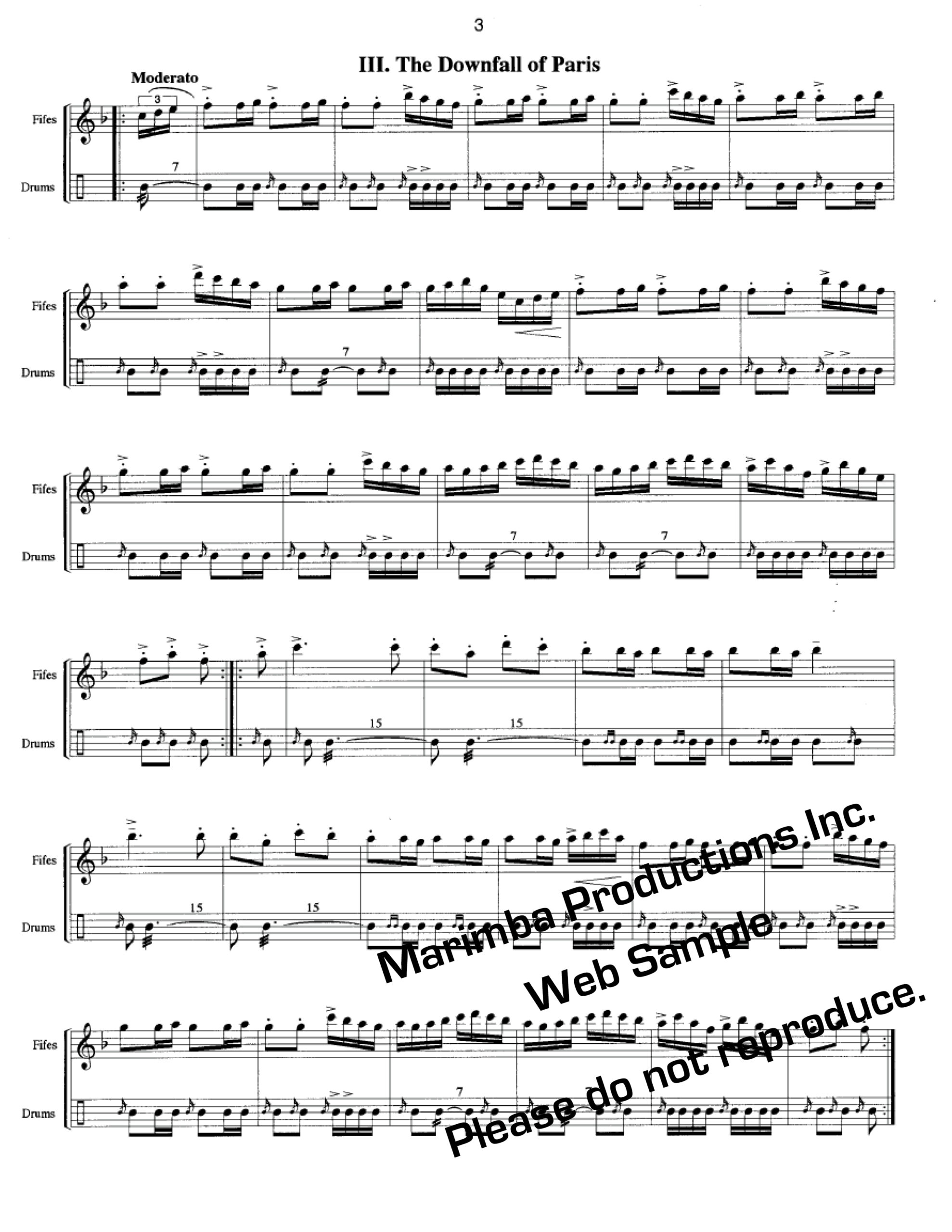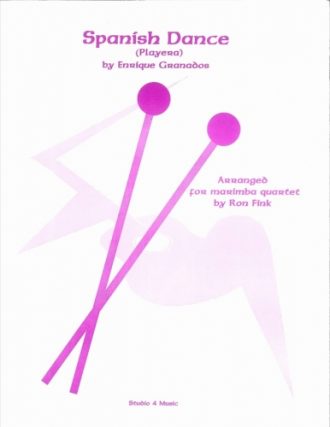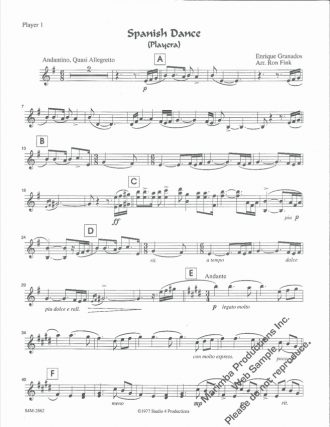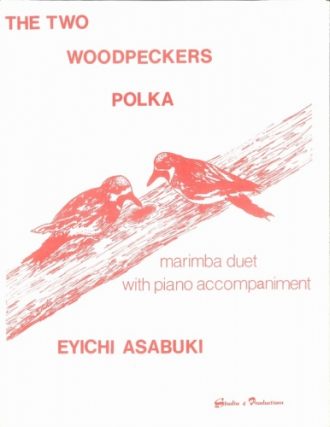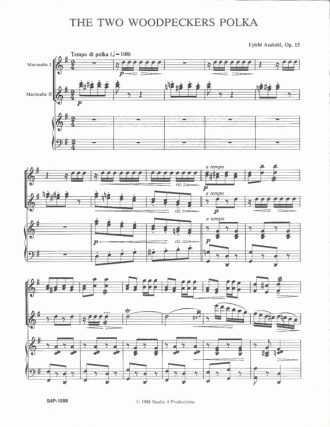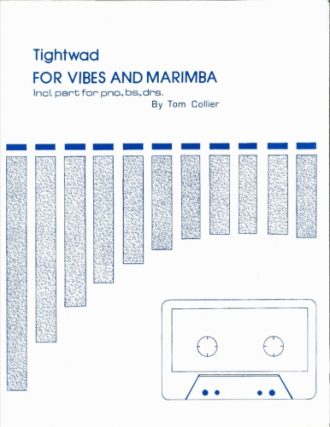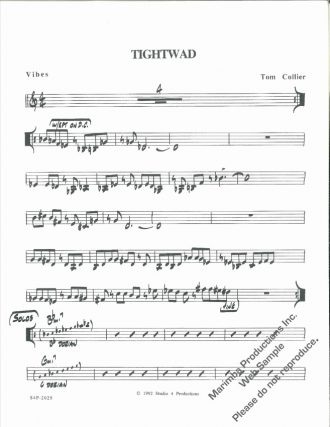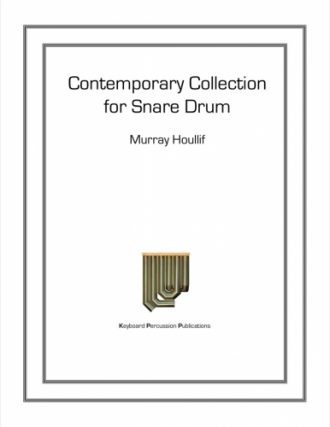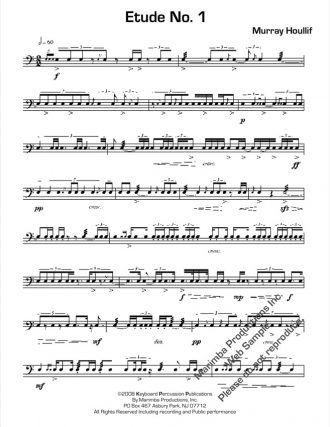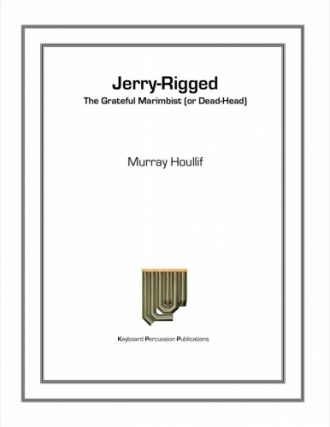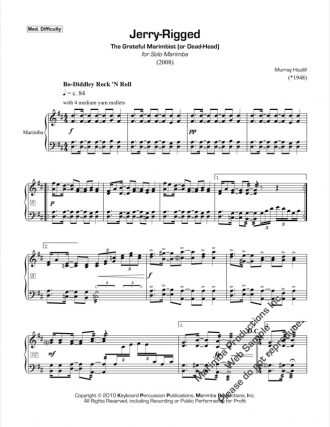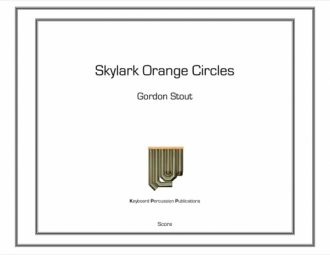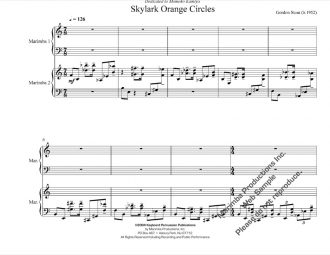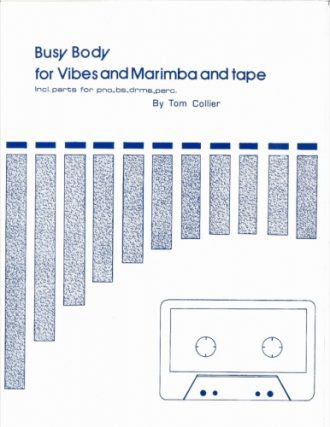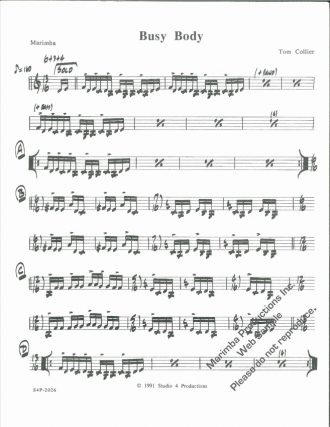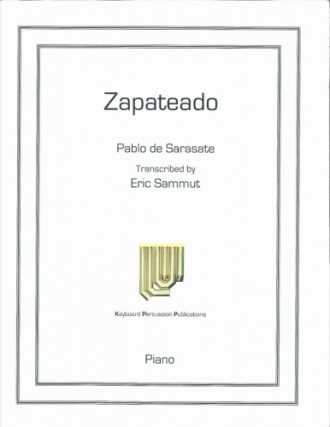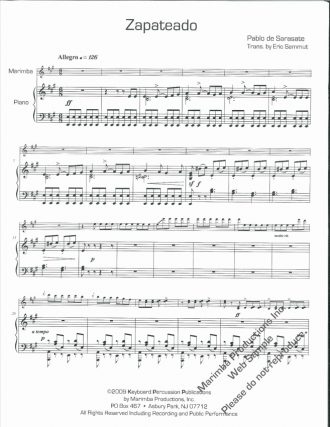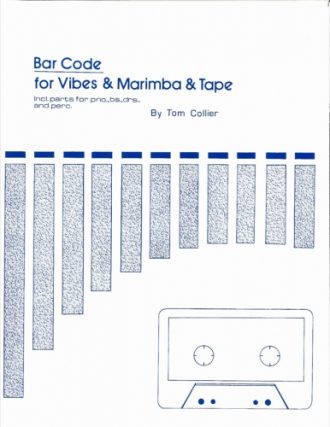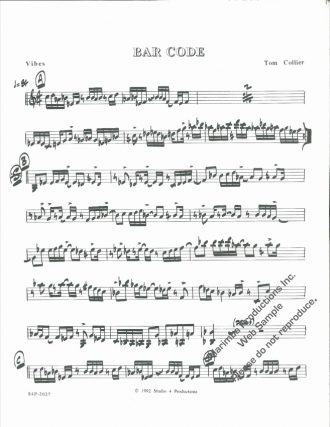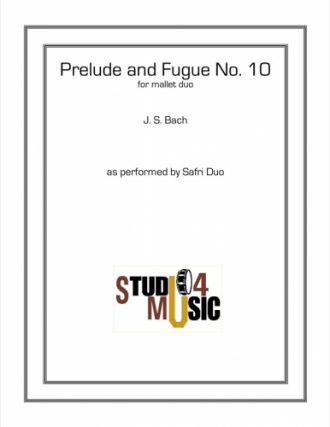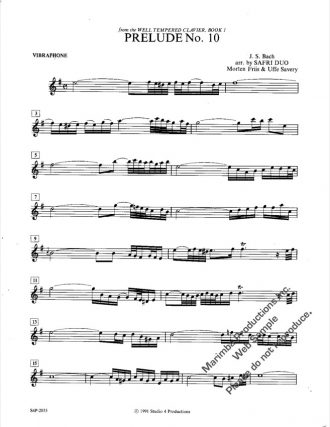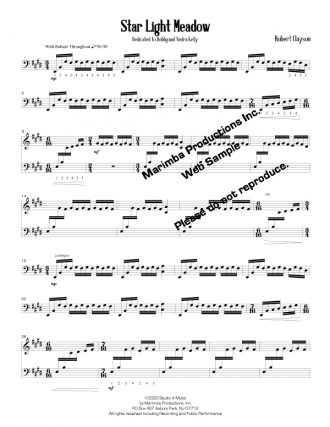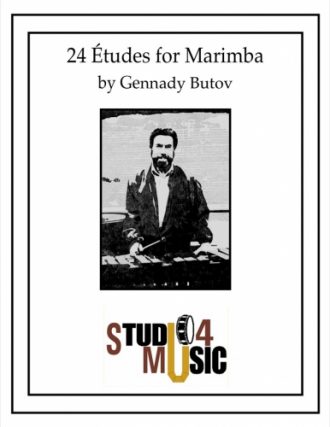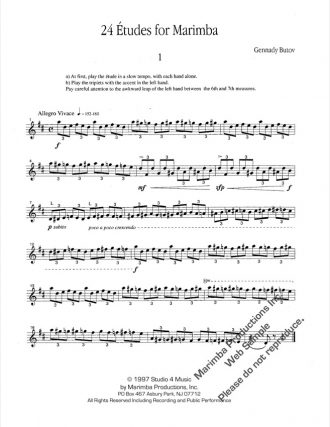Ancient Military Airs is a medley of British and American drum beatings from the 18th and 19th centuries, when drums and fifes were used for signaling purposes in military encampments, on the march, and in battle.
The British Redcoat armies brought their fifers and drummers along with them wherever they went, so it was natural for the colonial militias in North America to know the British signals and eventually to borrow them for their own cause. British soldiers had served side-by-side with the American colonial militias during the French and Indian War (1756-1763). When the conflict between Britain and its colonies in America ultimately broke out (1775-1783), the armies on both sides used virtually identical signals and songs.
Ancient Military Airs is a compilation of four drum beatings:
1) The Closing of the Long Roll is a drummer’s practice exercise for the long roll (also called the “open Roll”) in which two taps are made with the right hand followed by two taps from the left hand, repeated successively with alternating hands – slowly at first, and gradually accelerating.
2) Three Camps was played at sunrise every morning by the British Redcoats along with the American colonials as a Reveille (music to awaken the soldiers).
3) The Downfall of Paris was played by the British under Wellington as the allied armies of Europe marched into Paris after defeating the French under Napoleon. The British also brought the tune to North America during the War of 1812. By the time of the American Civil War (1861-1865) a drum beating for the fife tune was published on page 23 in The Drummers’ and Fifers’ Guide (1861) by George Bruce and Dan Emmett.
4) Hell on the Wabash also appeared in The Drummers’ and Fifers’ Guide (p.80). The title likely refers to the Battle of Wabash River (1791) in which over 1000 American Indian warriors decimated U.S. General Arthur St. Clair’s army of about 1000 men in “the most decisive defeat in the history of the American Military.”
These four drum beatings remain very popular today among rudimental drummers – those who study, perform, and appreciate the history of military music for fife and drum.

